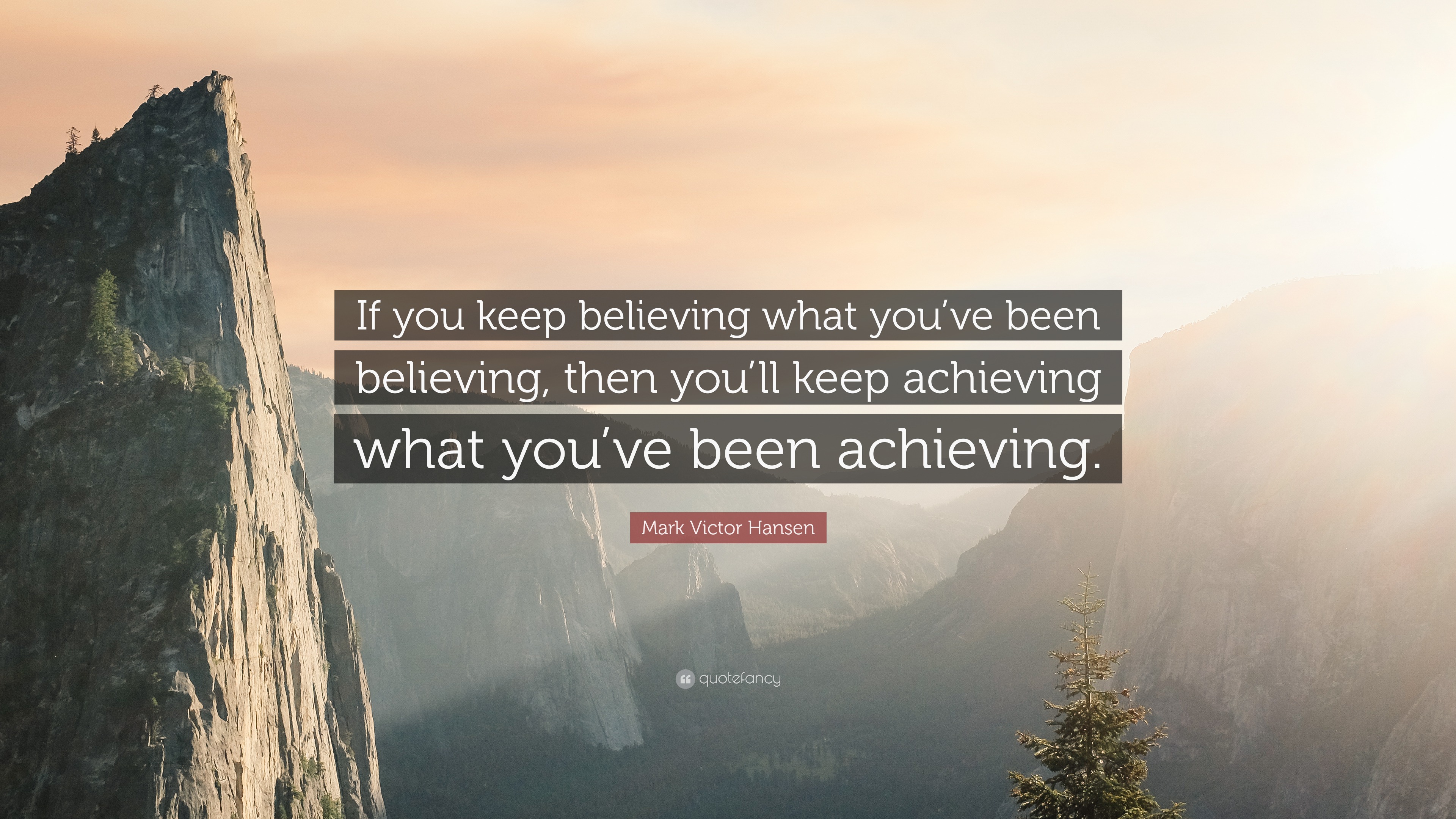We keep believing things even when we know they re wrong

We Keep Believing Things, Even When We Know They’re Wrong

In our ever-evolving world of endless information and knowledge, it might come as a surprise that we humans still hold onto beliefs even when deep down, we know they are incorrect. This fact, backed by psychological research, sheds light on the complex nature of our thinking processes and the challenges we face in letting go of ingrained beliefs.
To comprehend why we continue to believe things despite knowing they’re wrong, we need to explore the intricate workings of the human mind. Our cognitive biases often play a significant role in shaping our perceptions and influencing our decision-making.
Confirmation bias, one of the most prevalent cognitive biases, leads us to seek information that supports our existing beliefs while dismissing or ignoring evidence that contradicts them. This bias creates a reinforcing loop where we only expose ourselves to ideas that align with our preconceived notions, further strengthening the erroneous beliefs we hold.

Additionally, the psychological concept of cognitive dissonance provides insights into why we persist in holding onto mistaken beliefs. When faced with information that challenges our current beliefs, we experience discomfort and anxiety. To reduce this cognitive dissonance, we often resort to various coping mechanisms, such as rationalization or searching for alternative explanations that maintain our existing beliefs.
Furthermore, cultural and societal influences shape our beliefs, even if these beliefs may be far from accurate. Growing up in a particular culture entails absorbing its beliefs and values, which can contribute to biases and reinforce mistaken notions. Social pressure and a desire to fit in can hinder our ability to critically evaluate and discard falsehoods, making it challenging to let go of what we know is wrong.
The fast-paced nature of the digital age has amplified these challenges. With the rise of social media and the rapid spread of information, it has become easy to encounter misinformation and fall victim to its allure. Falsehoods often go viral, capturing our attention and triggering emotional responses that can cloud our judgment and reinforce wrong beliefs.
As humans, we constantly strive for consistency in our thoughts and behavior. Admitting that we have been wrong requires us to face discomfort and reflect on our past beliefs. Often, it is easier to cling to familiar fallacies than to embark on the arduous journey of unlearning and reevaluating our convictions.
In conclusion, our tendency to believe things even in the face of contradictory evidence stems from a combination of cognitive biases, cognitive dissonance, cultural influences, and the challenges posed by the digital age. Acknowledging this fact provides us with a starting point for fostering critical thinking and embracing a more open-minded approach to knowledge. Only by recognizing the powerful grip of our beliefs, and consciously striving to overcome our biases, can we hope to evolve intellectually and exchange erroneous beliefs for accurate insights.
Source: Best Life Online
Tags
Share
Related Posts
Quick Links
Legal Stuff

